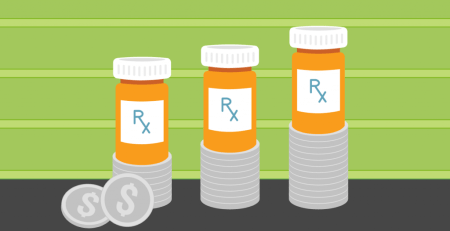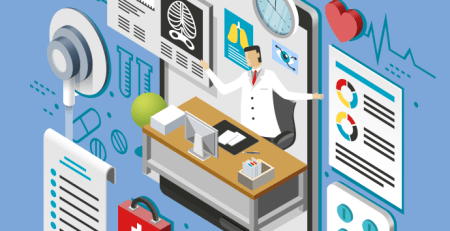IBD and IBS: Differences, Similarities and Management
Inflammatory bowel disease (IBD) and irritable bowel syndrome (IBS) are two commonly misunderstood gastrointestinal disorders that can significantly impact a person’s quality of life. While they share some symptoms, they have distinct characteristics and require different management approaches. This article aims to clarify the differences between IBD and IBS, explore related health issues, and offer tips for prevention and management.
Differentiating IBD and IBS:
- Inflammatory Bowel Disease (IBD):
– IBD includes conditions such as Crohn’s disease and ulcerative colitis.
– It is characterized by chronic inflammation of the gastrointestinal tract, which can affect any part from the mouth to the anus.
– Symptoms include abdominal pain, diarrhea (sometimes bloody), weight loss, fatigue, and reduced appetite.
– IBD is typically diagnosed through medical tests like colonoscopies, blood tests, and imaging studies. - Irritable Bowel Syndrome (IBS):
– IBS is a functional gastrointestinal disorder, meaning there is no observable structural or biochemical abnormality.
– Symptoms include abdominal pain, bloating, changes in bowel habits (diarrhea, constipation, or both), and mucus in the stool.
– Diagnosis is made based on the presence of specific symptoms and ruling out other conditions through medical evaluation.
Related or Similar Health Issues and Diseases:
- Celiac Disease:
– Celiac disease is an autoimmune disorder triggered by gluten consumption, causing damage to the small intestine.
– Symptoms include diarrhea, abdominal pain, bloating, and fatigue.
– Treatment involves adhering to a strict gluten-free diet. - Diverticulitis:
– Diverticulitis occurs when small pouches in the colon (diverticula) become inflamed or infected.
– Symptoms include abdominal pain (usually in the lower left side), fever, nausea, and changes in bowel habits.
– Treatment may involve antibiotics, dietary modifications, and, in severe cases, surgery.
Prevention and Management:
- IBD and IBS Prevention:
– While the exact causes of IBD and IBS are not fully understood, certain measures may help reduce the risk and manage symptoms:
– Eat a balanced diet rich in fruits, vegetables, whole grains, and lean proteins.
– Stay hydrated and avoid excessive consumption of caffeine, alcohol, and spicy foods.
– Manage stress through relaxation techniques, exercise, and seeking support.
– Avoid smoking, as it can worsen symptoms and increase the risk of IBD. - Treatment and Lifestyle Management:
– IBD:
– Medications (such as anti-inflammatories, immunosuppressants, and biologics) are often prescribed to control inflammation.
– In severe cases, surgery may be necessary to remove affected areas of the bowel.
– Regular check-ups and monitoring are crucial to prevent complications.
IBS:
- Dietary changes, such as avoiding trigger foods and increasing fiber intake, can help manage symptoms.
- Stress reduction techniques, including meditation and therapy, may alleviate symptoms.
- Medications targeting specific symptoms (antispasmodics, laxatives, or anti-diarrheals) are sometimes prescribed.
IBD and IBS are distinct gastrointestinal disorders that require different approaches to management. While IBD involves chronic inflammation and requires medical intervention, IBS is a functional disorder managed through lifestyle modifications. By understanding the differences, recognizing related health issues, and adopting preventive measures, individuals can take control of their digestive health and improve their overall well-being. If you experience persistent gastrointestinal symptoms, consult with a healthcare professional for an accurate diagnosis and appropriate treatment plan.











